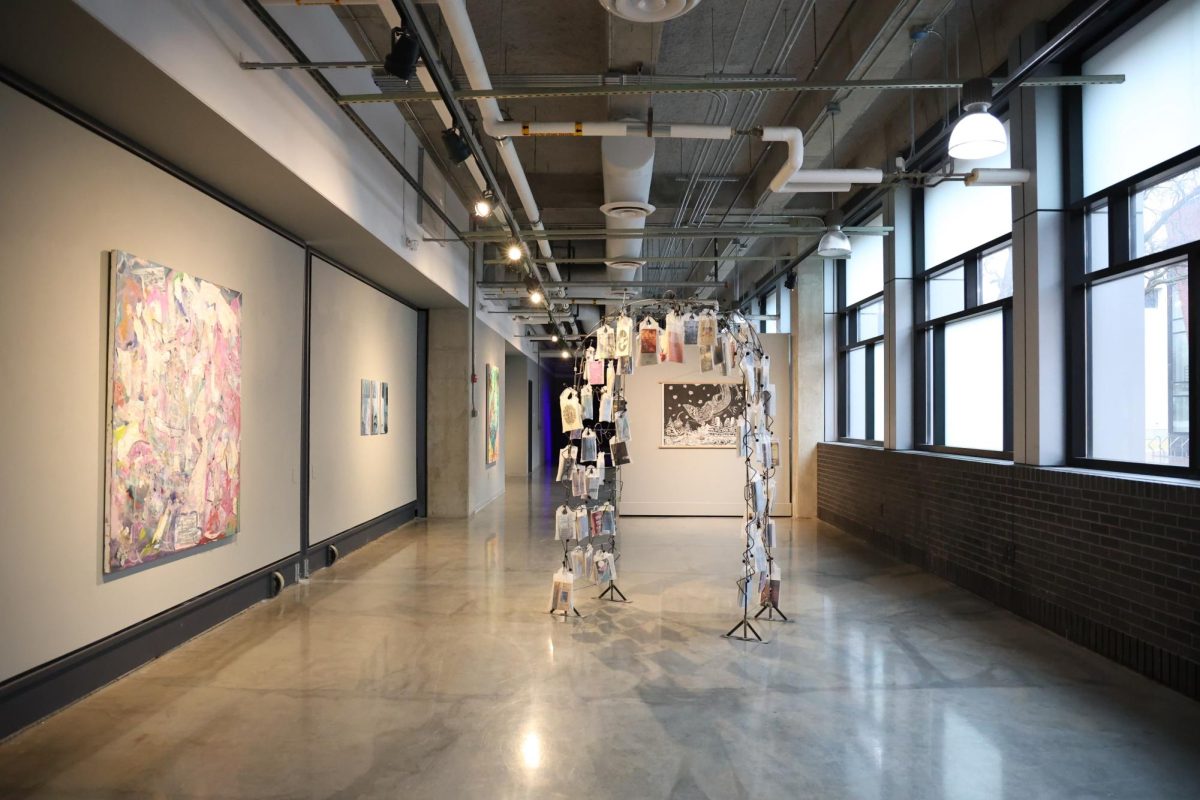The 38th annual American Indian Graduation Celebration at Minneapolis College Friday night celebrated Indigenous students graduating from colleges and universities.
The program featured graduates from 22 tribes and 15 schools in the Twin Cities areas, including 16 graduates from the University of Minnesota-Twin Cities.
Pauline Danforth, a planning committee member for 25 years, said the celebration was started by a group of people from various colleges who worked with American Indian students.
“Indian people need to be recognized for graduating from colleges and universities,” Danforth said. “Education is a way out of poverty and a lot of people have shied away from higher education because of the history of the boarding schools.”
Danforth said graduates range from 20-year-olds to 70-year-olds. She added that a 74-year-old woman graduated last year and her granddaughter graduated this year.
Skyla Knudtson, a University of Minnesota-Twin Cities student graduating from the College of Veterinary Medicine, said she got the invitation and thought it was important to celebrate the success of Indigenous people.
“It’s important for our community to be able to recognize our successes and support each other and I think this is a great way to do it,” Knudtson said.
Joleece Pecore, a University student graduating in American Indian Studies and Art, said she came to the graduation celebration because she had friends who helped plan it.
“I came to this because it’s a way to recognize all of our accomplishments and not only Native people, but Native women,” Pecore said.
Pecore added it is cool to see all the different colleges and Native people being recognized because of the big urban Native demographic in the Twin Cities.
“For Native people to graduate from university or colleges, it’s such a small number of us, so it’s nice to be recognized this way,” Pecore said.
Taryn Long, a University student graduating in American Indian Studies, said the celebration is a great way to acknowledge and recognize Native people in higher education and their accomplishments.
“It’s really important and it’s really nice to be around community and people from different schools and colleges because we all share similar struggles,” Long said. “We all come from different backgrounds, but we all come together as a community, so I think that’s really nice.”
Pecore said she was most looking forward to receiving a Native graduation stole. Long said she was also excited to get a stole and about being recognized for all her accomplishments in undergrad.
Danford said her favorite part of the celebration is seeing joy in the students.
Funding is the celebration’s largest challenge, as the event costs about $10,000, Danford said.
Lloyd Wittstock, who used to be on the planning committee, said the committee struggled to find the right venue, as the celebration has outgrown several other places.
Pecore and Long said it is important for people to know the event is community-based, like many Native events.
“Native people are here,” Pecore said. “We’re not extinct, we’re not away. We’ve been here and we’ll always be here.”














